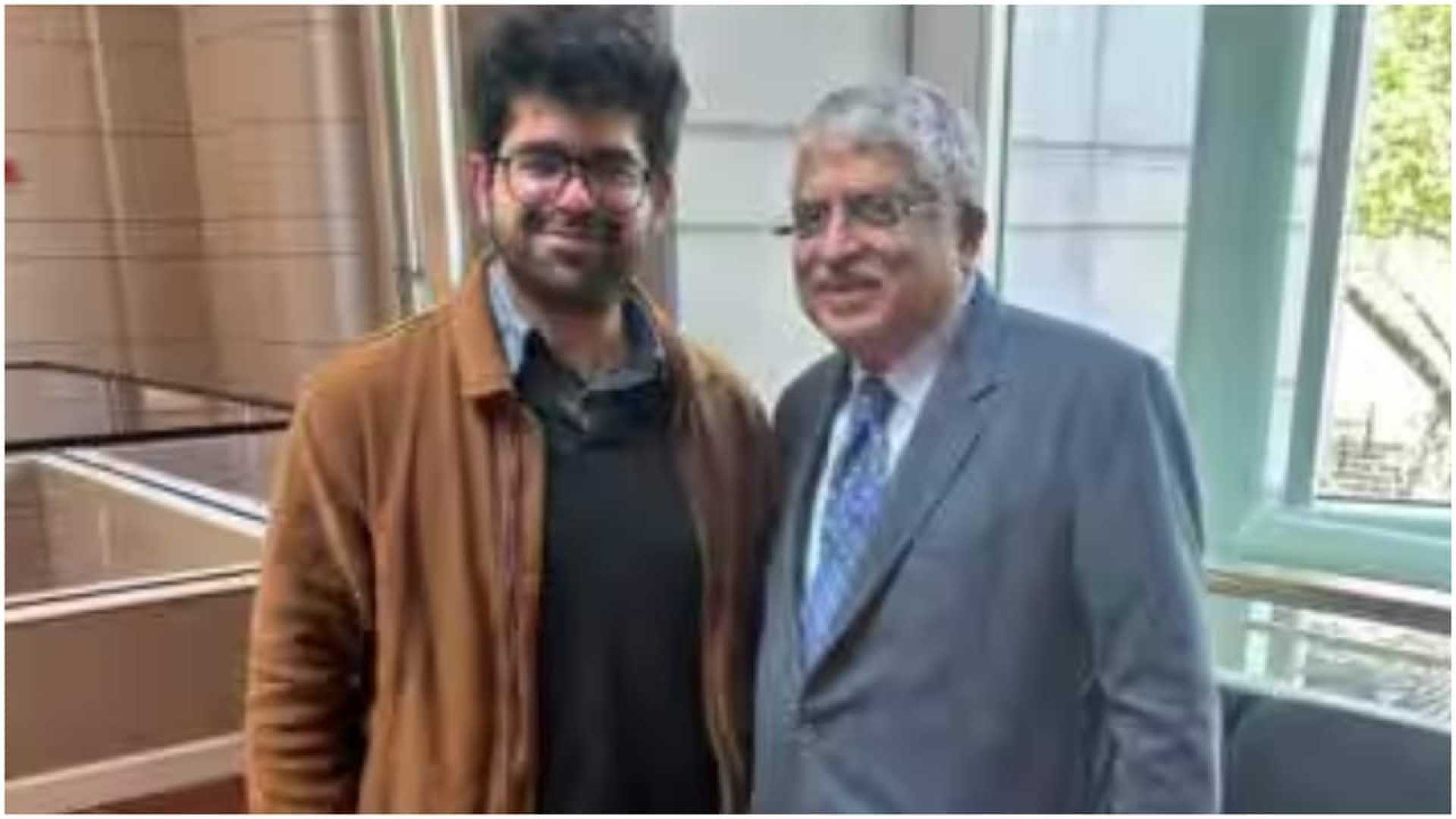Tech
AI Debate Heats Up as Indian-Origin CEO Challenges Nilekani’s Stance

BENGALURU, India — Aravind Srinivas, CEO of Perplexity AI, has publicly challenged Infosys co-founder Nandan Nilekani’s advice to Indian startups, sparking a debate over India’s artificial intelligence (AI) strategy. Srinivas, an Indian-origin tech entrepreneur, took to X (formerly Twitter) to express his disagreement with Nilekani’s call for startups to focus solely on practical AI applications rather than training large language models (LLMs).
In his post, Srinivas praised Nilekani as “awesome” for his contributions to India’s technological advancements through initiatives like Infosys and the Unified Payments Interface (UPI). However, he argued that Nilekani’s stance on AI development is “wrong.” “To be clear: Nandan Nilekhani is awesome, and he’s done far more for India than any of us can imagine through Infosys, UPI, etc. But he’s wrong on pushing Indians to ignore model training skills and just focus on building on top of existing models. Essential to do both,” Srinivas wrote.
Srinivas’s comments were a direct response to Nilekani’s remarks at the Meta AI Summit in October 2024, where Nilekani advised Indian startups to avoid the costly pursuit of building large AI models. Instead, Nilekani urged them to focus on creating practical, resource-efficient AI solutions tailored to India’s unique needs. “Our goal should not be to build one more LLM. Let the big boys in the (Silicon) Valley do it, spending billions of dollars. We will use it to create synthetic data, build small language models quickly, and train them using appropriate data,” Nilekani had said.
However, Srinivas countered this view, emphasizing the importance of India developing its own AI models to achieve global competitiveness. Drawing from his experience with Perplexity AI, he argued that the perception of high costs associated with training AI models is a misconception. “I feel like India fell into the same trap I did while running Perplexity. Thinking models are going to cost a ton of money to train,” Srinivas said. He urged Indian startups to move beyond relying on open-source models and invest in building proprietary AI capabilities, particularly in areas like Indic languages.
Srinivas also drew parallels between India’s potential in AI and its achievements in space exploration, citing the Indian Space Research Organisation (ISRO) as an example of overcoming resource constraints to achieve global success. He highlighted SpaceX CEO Elon Musk‘s admiration for ISRO’s cost-efficient missions, stating, “Elon Musk appreciated ISRO (not even Blue Origin) because he respects when people can get stuff done by not spending a lot. That’s how he operates.”
Concluding his argument, Srinivas called for a paradigm shift in India’s AI strategy, advocating for the development of foundational AI models that can address local needs while competing globally. He offered his support to anyone willing to take on this challenge, pledging to assist in open-sourcing AI models for broader impact. “I am ready to invest a $1 million personally and 5 hours/week of my time into the most qualified group of people that can do this right now for making India great again in the context of AI,” Srinivas wrote.












